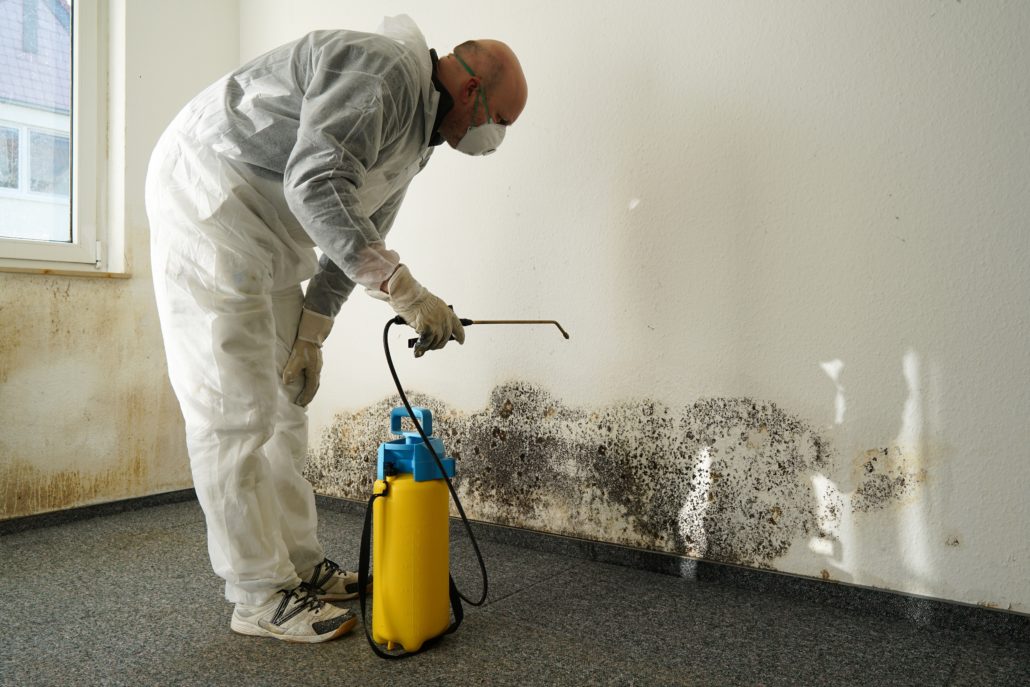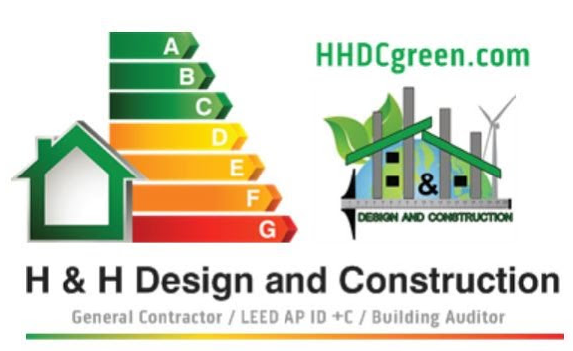
As we reflect on all the natural challenges we face as a Nation in 2017, especially the impact of Hurricane Irma in Florida, there are many questions we should ask ourselves at the beginning of this New Year:
1) Is my property fortify enough to face extreme weather events and ready to protect my loved ones?
2) What economic consequences will Irma bring to our 2018 budget?
3) What is the value of my property after Irma?
To answer these questions, it is important to highlight that 2017, will be remembered as the costliest and most destructive season in the history of the United States, leaving $ 368.66 billion (USD) in losses and 25.8 million people impacted and still recovering due to hurricanes Harvey, Maria and Irma. As a result of the damages caused by Irma in South Florida, homeowners will see a 10% increase in property insurance.
Fortifying your homes this year, will be your best resolution. After having inspected hundreds of houses impacted by Hurricane Irma in different counties of Florida, I was able to observed their deficiencies that compromised its integrity when facing extreme weather conditions. That is why I would like to share with you my experiences and lessons learned, with the purpose that you can identify the vulnerable areas in your properties and carry out the necessary transformations to make them stronger and safer to face future Natural disasters. These are the most important observations:
ROOF: All the roofs observed were old with missing shingles or cracked tiles, without roof straps or second water barriers. This caused structural damage, water intrusion, indoor damage, mold and mildew buildup poor indoor air quality compromising habitability conditions.
One of the best resolutions you can make in 2018 is to install a new roof. A new roof will bring you peace of mind knowing that your family will be safer and healthier. Also, you will save a lot of money in costly repairs, insurance payment and electrical bill adding value to the property,
WINDOWS: All the properties I inspected had single pane windows without any kind of protection. As consequence, some windows blew up during the hurricane exposing the property to a bigger damage. Also, I was able to see water infiltration through the windows and doors by the wind-driven rain causing a lot of water damage in the interior.
Installing high performance windows and doors would be a smart resolution for safety and also for savings. Windows and doors will protect your home during hurricane and will save you money by lowering your utility bill, and the insurance payment. Also that will improve the indoor air quality by eliminating condensation and humidity problems.
ELECTRICITY: Approximately 12 million of people in Florida were left in the dark in the aftermath of hurricane Irma. All the homes I went to, had power outages from 1 to 30 days. This interruption caused a lot of food and medicine to be damaged, air conditioning failures as well as indoor water damage in flooring and drywall as result of defrosted refrigerators.
To avoid this from happening in the future, consider buying a solar generator or even better, the installation of solar panels and a battery storage that will allow you to use power from the solar panels without being connected to the grid.
2018 will be, without a doubt, the year to build stronger properties and to fortify existing ones by implementing high-performance strategies that goes beyond the minimum codes required in construction. After all we learned from Irma, it is my hope that more people understand the importance of transforming their properties in 2018, not only to make them safer and healthier, but also to reduce the expenses associated with maintenance, insurance and electricity consumption, increasing as consequence its market value. The time to start, is now, many implementations take months to complete.
We are ready to help you from consultation to the complete transformation of your property including financing. For more information, please send me an email to info@HHDCgreen.com
By Maria Mercedes Hernandez
LEED AP ID +C / General Contractor/ Building Analyst

